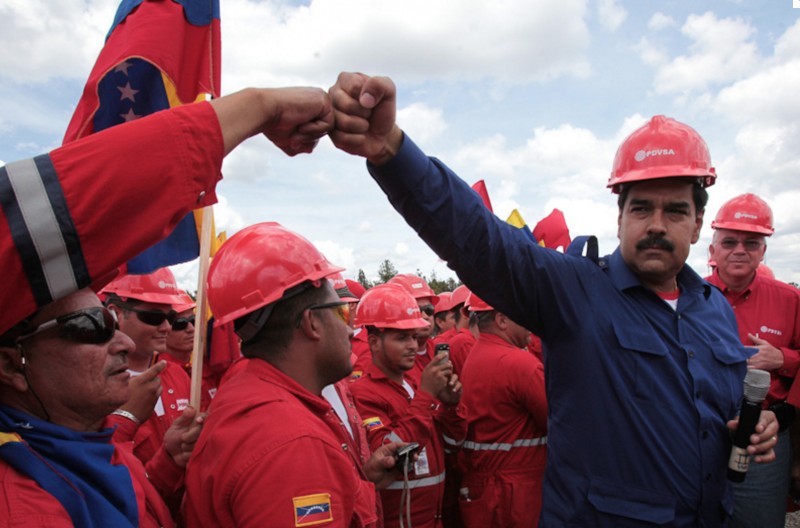
Latin America: Week in Review, Venezuela
NSA Targeted Venezuela State Oil Company: The Intercept
November 19, 2015 By Staff
An internal National Security Agency memo obtained by whistleblower Edward Snowden reveals a spying scheme into Venezuela’s state-owned oil and natural gas company Petróleos de Venezuela, or PdVSA, The Intercept reported on Thursday.
The Intercept’s investigation suggests the cache of PdVSA documents retrieved by the NSA may have played a role in the U.S. government’s recent, wide-ranging probe into corruption in Venezuela’s oil sector.
The memo, dated March 23, 2011, was published by a signals analyst in the NSA’s internal bulletin, SIDtoday. According to The Intercept, the analyst describes finding a “goldmine” of electronic communications exchanged between key PdVSA officials, which allowed him to compile information on more than 10,000 employees as well as 900 account passwords. The analyst turned the passwords over to the NSA’s hacking division, Tailored Access Operations, which the German magazine Der Spiegel previously described as “the intelligence agency’s top secret weapon.”
“By sheer luck, (and a ton of hard work) I discovered an important new access to an existing target and am working with TAO to leverage a new mission capability,” The Intercept quotes the analyst as writing.
In October, The Wall Street Journal reported on a series of probes by multiple U.S. government agencies into corruption within PdVSA, and whether kickbacks, money laundering and black-market currency operations ultimately cost the South American country billions of dollars. The wide-ranging investigation, according to the New York Times, reflected a strategy by the Obama administration to widen the scope of sanctions to target corruption, in addition to human rights violations. U.S. President Barack Obama in March implemented sanctions against Venezuelan officials both accused of human rights violations and corruption.
“That the NSA had obtained access to the electronic communications networks of key PDVSA officials,” writes The Intercept, “raises the question of whether the agency’s spying has secretly aided the criminal investigations into corruption as well as other government actions targeting the company.”
The Intercept published its investigation in partnership with TeleSUR, the media conglomerate owned mostly by Venezuela’s government.
The latest revelations provoked immediate outrage by Venezuela’s President Nicolás Maduro, threatening to further derail the strained U.S.-Venezuela relationship. In June, high-ranking diplomats from Venezuela and the United States met in Haiti, part of a broader effort toward a thaw in relations, a U.S. official told Reuters afterward.
Headlines from the Western Hemisphere
North America
- Mexican police on Wednesday announced the arrest of Iván Cazarín Molina, an alleged top lieutenant of the rapidly ascendant Cartel Jalisco Nueva Generación, who was reportedly involved in the cartel’s downing in May of a military helicopter.
- Mexico detained around 73 percent more migrants between July 2014 and June of this year than in the previous 12-month period, a marked increase that has been accompanied by a rising numbers of abuses against migrants as Mexico has cracked down on security at its southern border.
- Delta Air Lines announced it plans to buy up to 32 percent more of Grupo Aeromexico in what could be an almost $600 million cash deal, in a move to raise competition with American Airlines Group.
- Former Mexican President Vicente Fox said that the legalization of marijuana is inevitable following his country’s Supreme Court ruling, and that even drugs such as cocaine, methampetine and heroin will become legally available within the decade.
- U.S. officials stopped a passenger arriving in Los Angeles International Airport from Mexico for attempting to bring 450 “illegal” tamales into the country, because they contained pork, an import banned under customs regulations due to health concerns.
Caribbean
- Two of Haiti’s presidential candidates, Steven Benoit and Moïse Jean-Charles, said they were injured in a protest against alleged fraud during the country’s Oct. 25 elections when police fired tear gas and shots at demonstrators. A third candidate said the police threatened him and his supporters with arrest.
- Cuba and the United States signed the first joint environmental agreement Wednesday since resuming diplomatic relations, which aims to protect a wide range of fish and coral reefs in the shared seas between the countries’ coasts.
- Puerto Rican Governor Alejandro García Padilla is planning to convene an extra session of the legislature in the first week of December after lawmakers failed to address his proposed bill that would restructure the island’s main electric utility. On Dec. 1 $355 million of government bonds will be due
Central America
- Honduras detained five Syrian nationals who were attempting to travel to the United States with stolen Greek passports, through police report there is no indication the men were linked to last week’s terrorist attacks in Paris.
- Police in Nicaragua are still searching for José Antonio Lacayo, who served as the country’s cabinet chief from 1990 to 1997, after a Monday helicopter crash that is confirmed to have killed three others.
Andes
- The Clinton Foundation is reportedly running a $20 million private equity fund out of its Bogotá office, aimed at supporting small- and medium-sized Colombian businesses, a practice the U.S. consumer watchdog Public Citizen described to the conservative news site the Washington Free Beacon as “very concerning.”
- Colombian President Juan Manuel Santos said in an interview with the BBC that he will “be in serious difficulty” if a planned referendum on a peace deal his government is finalizing with the guerrillas of the FARC in Havana does not pass, although he expressed confidence that it will.
Southern Cone
- A Brazilian blogger who wrote about corruption among police and politicians was shot dead last Friday after receiving threats about his work, the latest of at least four other Brazilian journalists who have been killed for their work this year.
- Multiple Argentine human rights groups focused on investigating forced disappearances and killings during the country’s dictatorship endorsed ruling party candidate Daniel Scioli for Sunday’s presidential runoff election in response to opposition candidate and front-runner Mauricio Macri’s criticism of outgoing President Cristina Fernández de Kirchner’s efforts to uncover past human rights abuses as “vindictive.”
- Thousands of black women demonstrated in Brazil’s capital on Wednesday to highlight various social issues they say disproportionately affect them, including lower pay as well as higher rates of illiteracy, homicide and death during childbirth.
- Anglo-Australian mining company Samarco Mineração SA warned Wednesday that two more of its Brazil dams could be in danger of failure just weeks after the collapse of two other dams operated in part by the company that caused massive flooding in the state of Minas Gerais.
Subscribe to Today in Latin America by Email
Next Article >


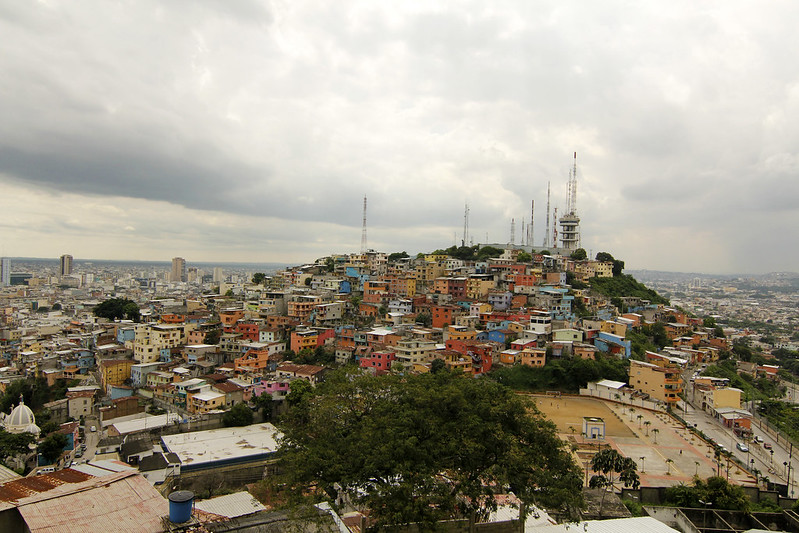
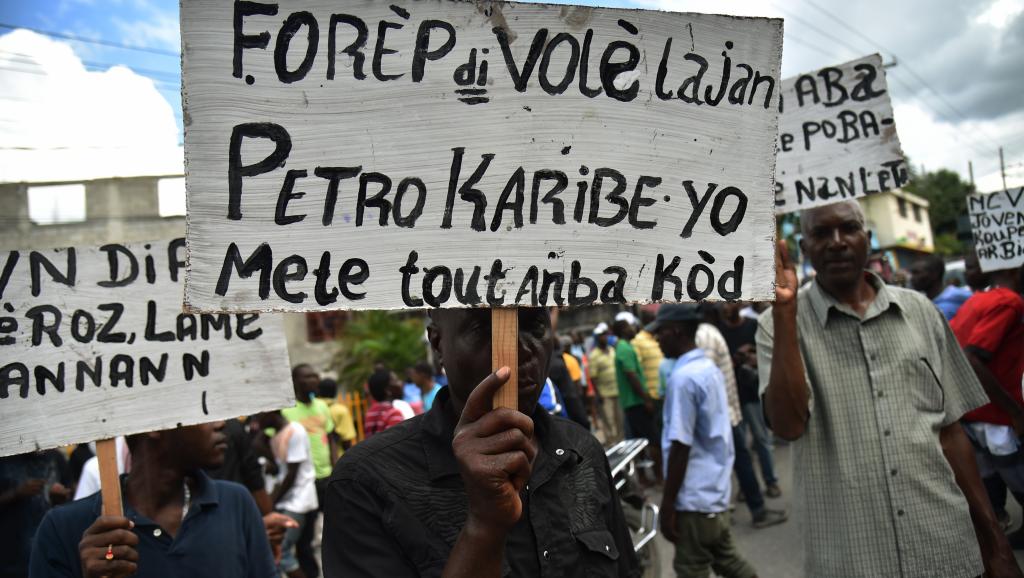
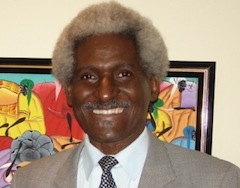
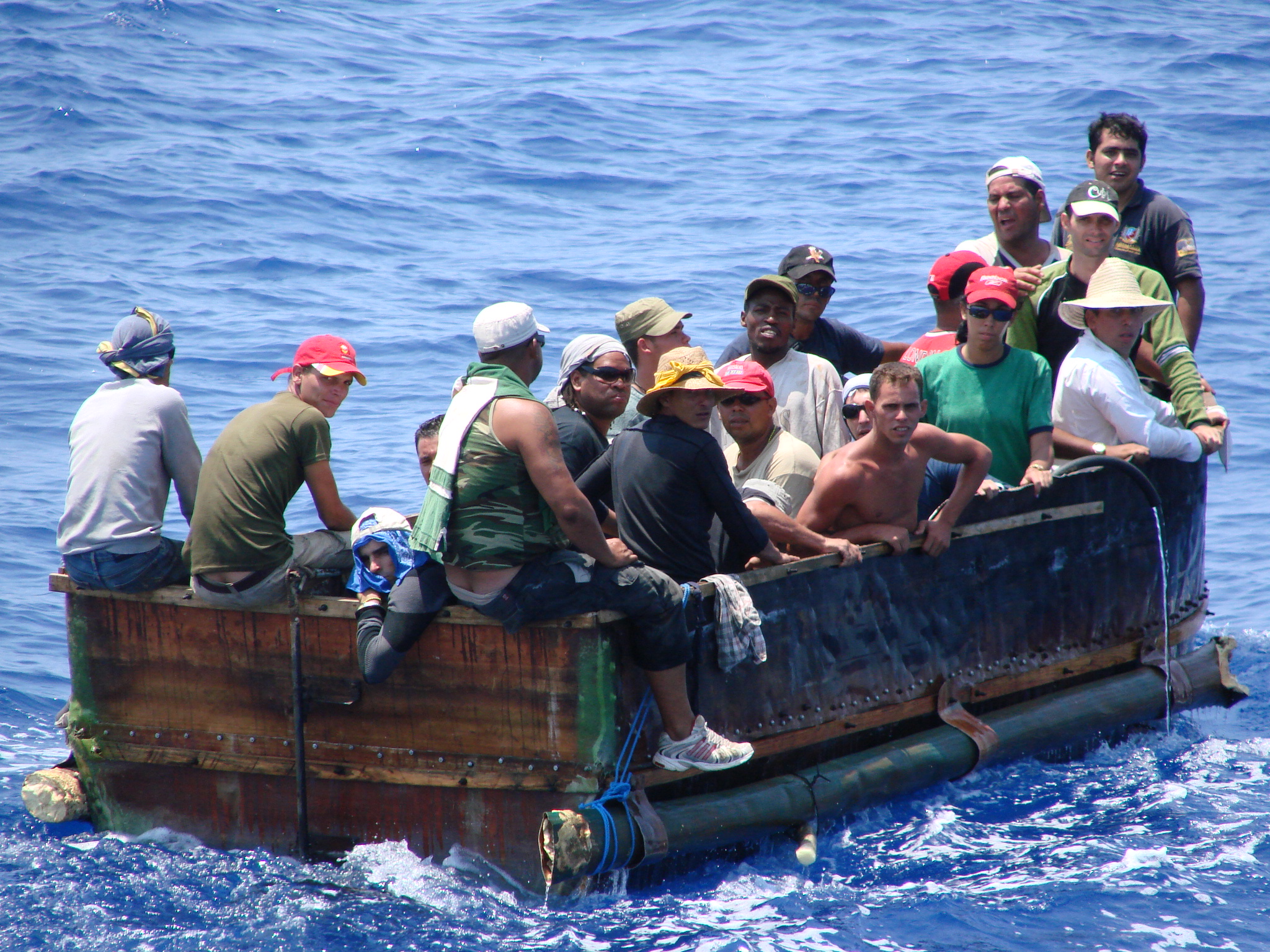
1 Comment
[…] relationship with the United States following a Wednesday report in The Intercept that revealed U.S. spying on Venezuela’s state-owned oil and gas […]
Comments are closed.